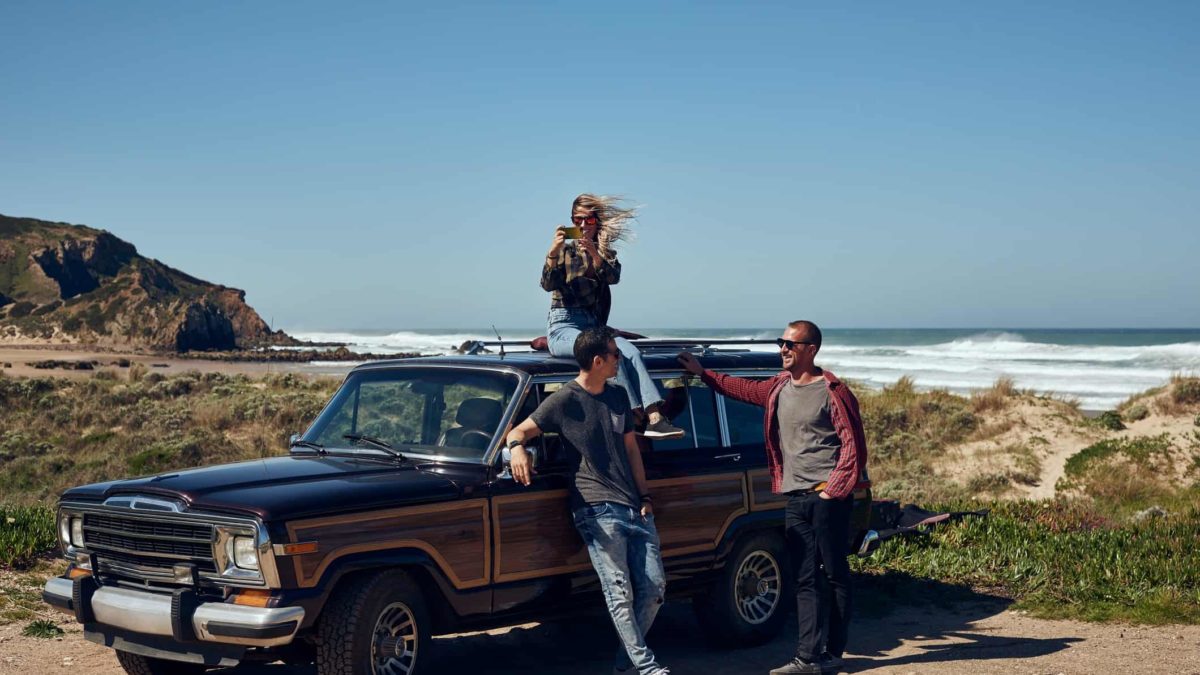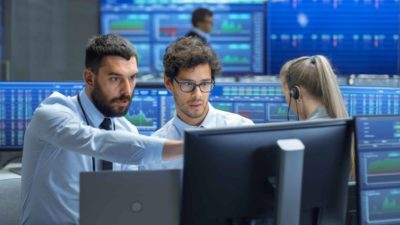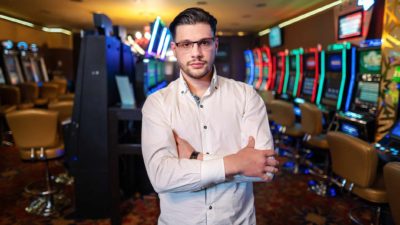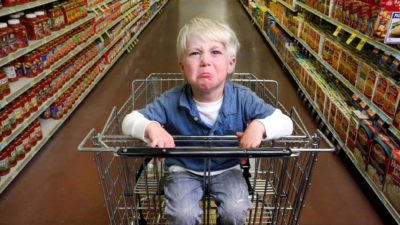If you have an ASX share in your portfolio that's returned your original investment 13 times over, would you sell it?
The thinking for many investors might be "it's had a good run". There can't be much mileage left, right?
Wrong. That's false logic, according to one fund manager.
"Selling a stock can be the biggest mistake there is, especially when you come across a great business, run by first class people," said Celeste Funds Management analyst Eric Nguyen in a memo to clients.
"Opportunities to compound wealth over decades in a high quality business are rare and when you find one, it pays to make the most of it."
He then showed off an example from his own fund.
The ASX share that's multiplied 70 times since listing
ARB Corporation Limited (ASX: ARB) floated in 1987 at 65 cents per share, according to Nguyen, which equated to a market capitalisation of just $6.6 million.
"In its first year ARB generated $14 million in revenues and less than $1 million in profit after tax."
On Wednesday afternoon the ARB share price closed at $45.58. That's more than 70 times the listing price.
"Patient execution of the strategy has seen ARB join a rarefied club of microcaps that have gone on to become ASX 200 listed companies," said Nguyen.
"FY20 reported sales were $465 million with earnings of $57 million."
Celeste bought into ARB in 2004 when the stock price was $3.41 and has held onto it. That's more than a 13-multiple return for Nguyen's team.
Beneficiary of lifestyle changes
ARB is an international seller of 4-wheel-drive car accessories.
Nguyen quoted US statistics that showed light trucks only consisted of 30% of total vehicles sold in 1987, whereas that had grown to 76% by last year.
It's not just the US experiencing that trend towards utes, SUVs and all-wheel drives.
The top-selling car in Australia in the last four years has been the Toyota Hilux ute. The Ford Range ute is not far behind in second place.
They're not just for tradespeople anymore. You now see plenty of utes parked in corporate car parks next to executive BMWs and Mercedes.
But of course, if there is a lucrative market segment, competitors are bound to pop up. But Nguyen reckons this hasn't affected ARB.
"Market expectations for FY21 are for year on year sales growth of 21%, to $564 million, delivering $94.4 million in net profit, 65% growth on FY20," he said.
"Management have driven efficiencies in their local manufacturing operation, moved some production to a company owned facility in Thailand and made several astute investments."
So aren't ARB shares expensive now?
The rise of COVID-19 last year quickly sent ARB's share price up as investors realised Australians would divert their overseas holidays budget to domestic recreation.
The stock hit a low of $10.81 during the March 2020 crash but has more than quadrupled since.
Nguyen admitted this makes it now overpriced in many eyes.
"Given the scepticism around the longevity of this growth and the pull-forward effect brought upon by these factors, many have argued that the company is over-earning and — at a 40% EV/EBITDA premium to the ASX Small Ordinaries Index — it may be expensive."
But if this is how ARB stocks are evaluated, Nguyen said they would always have been considered "optically expensive".
"When Celeste first built a position in the company in 2004, ARB was trading on a 40% EV/EBITDA premium to the market, and at the time the share price of $3.41 looked expensive on FY 2004 earnings," he said.
"The real point, however, was to assess underlying earnings over the next 5 to 10 years and on that trajectory, ARB looked to offer compelling value."
And this remains the case now, which is why Nguyen's team will still be holding onto ARB.
"ARB has an articulated product and partner strategy to significantly grow sales and earnings over the next 5+ years," he said.
"ARB continues to meet the Celeste investment process and we believe remains a compelling long-term investment opportunity for our investors well into the future."









